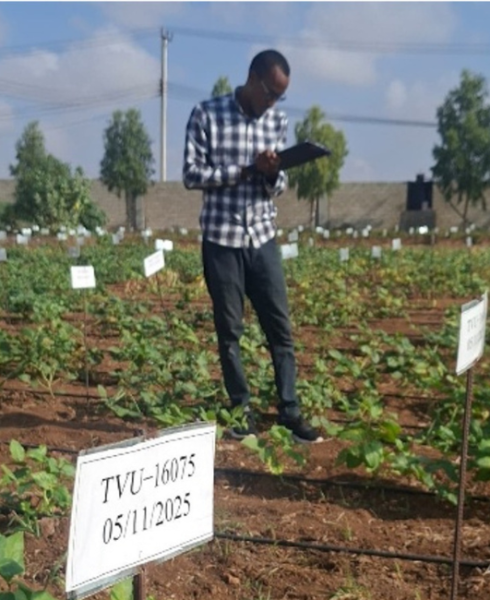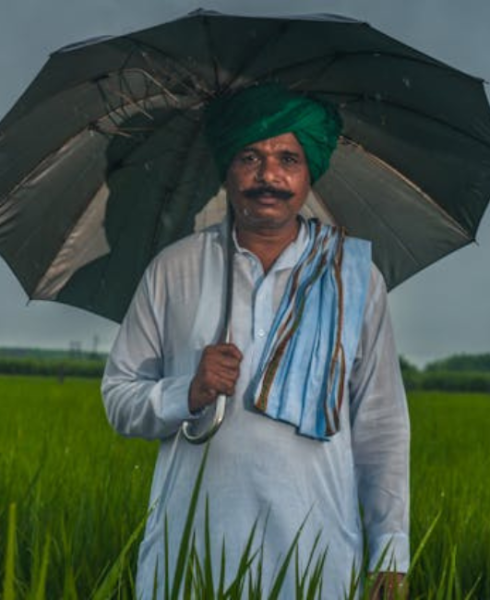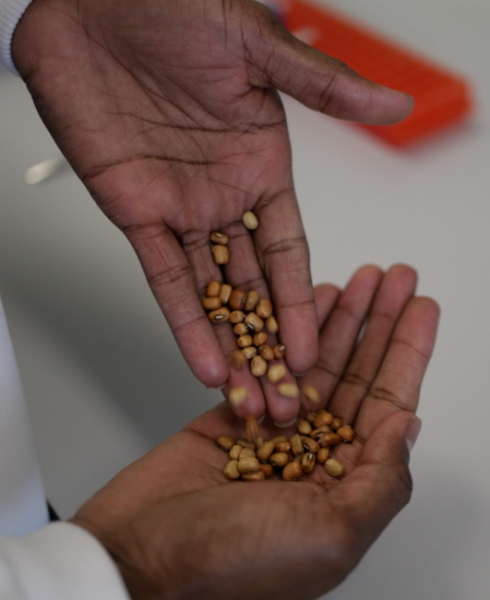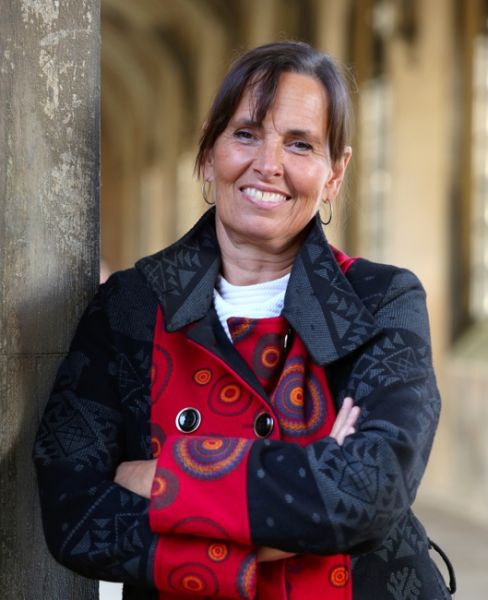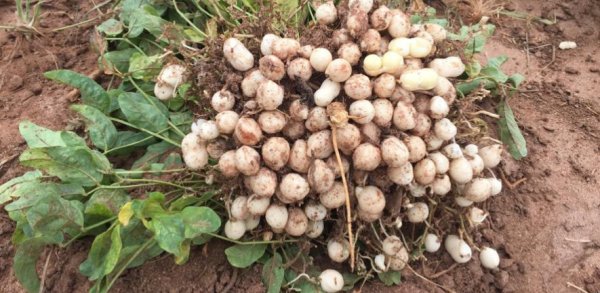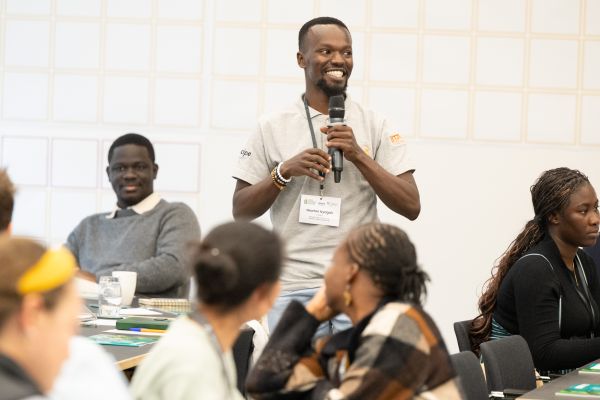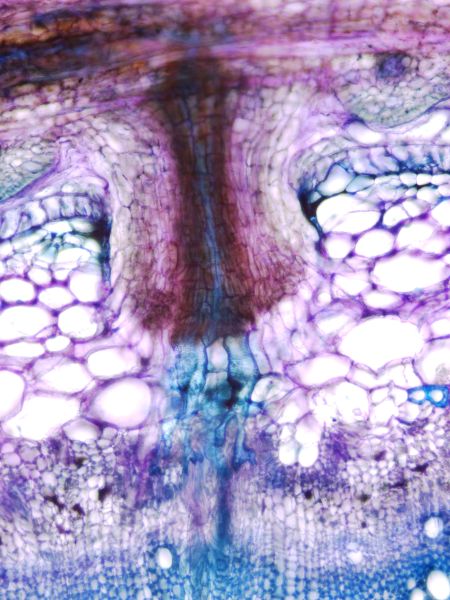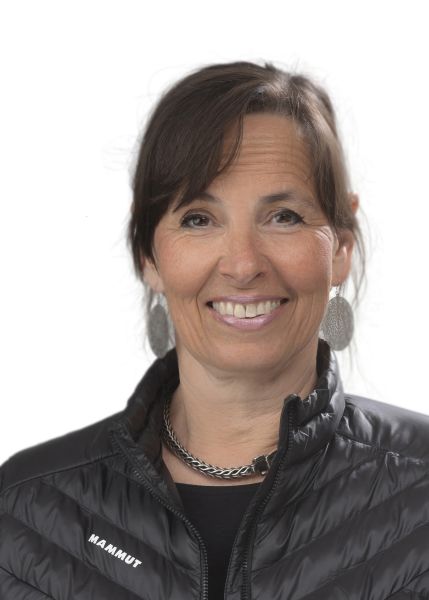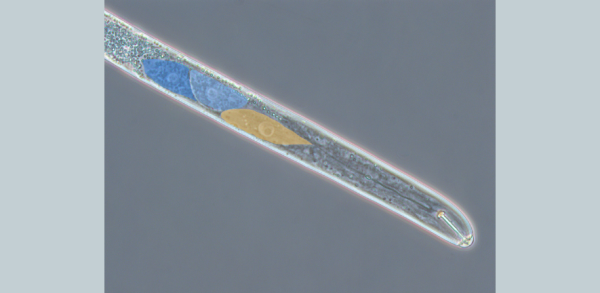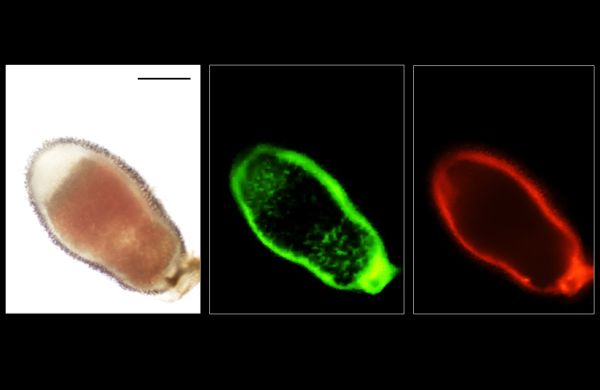On August 12 the Crop Science Centre welcomed the start of three new Crop Science Centre research fellows, each of whom will set up a new research group at the centre.
Russell R Geiger Professor of Crop Science and Director of the Crop Science Centre, Professor Giles Oldroyd said “It is exciting to have the opportunity to support these young scientists develop their careers, as well as to encourage them to work in crop science.
Importantly, these new appointments will massively expand the research focus and capability of the Crop Science Centre.”
Below, each of the new fellows introduces themselves and the area of research they will focus on whilst at the Crop Science Centre.
Dr Sebastian Eves-van den Akker – the plant-parasite interactions group

About Sebastian
Sebastian received his Ph. D. in plant pathology from the University of Leeds and the James Hutton Institute in 2014. Sebastian was then awarded an Anniversary Future Leaders Fellowship from the Biotechnology and Biological Sciences Research Council to pursue independent research at the University of Dundee and the John Innes Centre (2015-2018). In 2018, he was awarded a BBSRC David Phillips Fellowship and established the Plant-Parasite Interactions group at the Department of Plant Sciences, University of Cambridge.
On starting his research fellowship, Sebastian said: “The Crop Science Centre was a key driver in the decision to start my group in Cambridge because I have seen and appreciate the benefits of this kind of collaboration from my previous joint appointments. Three years after joining, the inaugural faculty of the Crop Science Centre is ready and I am thrilled to vindicate that decision by formally joining the initiative.”
Describe your new research group:
“The group is proudly international, diverse, and welcoming. We are always open to sharing ideas and resources to address interesting and/or important questions.”
What problems will this group aim to solve and why are they significant?
“Our overarching theme is to combine genomics and molecular biology to understand fundamental questions in host parasite biology. We primarily focus on plant-parasitic nematodes partly because they are a global threat to food security, and partly because underlying this threat is a wealth of fascinating biology that until very recently has been largely unexplorable.”
What are the big challenges in this area of research?
“Plant-parasitic nematodes are extremely tricky organisms to work with. A strand of research in the group is therefore aimed at not just making progress itself but building the tools to speed up the rate of progress. Addressing food insecurity is a long-term goal. As with any long-term goal, it’s prudent to increase the rate of progress as early as possible.”
Natasha Yelina – The breeding technology group

About Natasha
Prior to joining the Crop Science Centre Natasha worked on the fundamental aspects of plant meiotic recombination, genetics, epigenetics and plant pathology at the Department of Plant Sciences within the University of Cambridge, the Sainsbury laboratory in Norwich and Moscow State University in Russia.
Upon joining the Crop Science Research Centre, Natasha said “I am passionate about translating this fundamental knowledge into crops. I am very excited to start my new group at the Crop Science Centre and work in alliance with NIAB and plant scientists across the University of Cambridge. I feel honoured to be able to work in such a unique place where together we can put science into practice and make a difference to the future of agriculture.”
Describe your new research group:
“With a focus on legume crops, my group will aim to develop novel breeding technologies to generate new crop cultivars adapted to changing climate conditions, and with robust high yields when farmed sustainably.
Legumes are economically and agronomically important crops in the UK and worldwide due to their nutrient content. They are also import for sustainable agriculture due to symbiosis with nitrogen-fixing bacteria and their utility in intercropping and crop rotations with cereals.”
What problems will this group aim to solve and why are they significant?
“My group will work on meiotic recombination. This is a process occurring during plant reproduction through seeds where characteristics from both parents are brought together and re-assorted before being passed on to offspring. This re-assortment results in new qualities in crops, such as yield, nutrient content, resilience to pests and adaptation to abiotic stresses. This is the basis of selective breeding.”
What are the big challenges in this area of research?
“The current challenges for researchers and crop breeders lie within the limitations of meiotic recombination. Not all characteristics are equally amenable to meiotic re-assortment, which leaves up to a fifth of the genetic material unavailable for breeding.”
Lida Derevnina – the crop pathogen immunity research group

About Lida
Lida received her PhD in plant breeding and plant pathology at the University of Sydney, Australia, where she identified and characterized rust resistance genes in cultivated barley. After completing her PhD, she joined the University of California, Davis, USA, as a postdoctoral researcher working in comparative genomics of downy mildews. Following this, Lida was awarded a Marie Skłodowska-Curie independent fellowship to undertake research at The Sainsbury Laboratory (TSL) in Norwich. At TSL, Lida worked towards understanding the molecular mechanisms pathogens use to perturb resistance mediated by plant intracellular immune receptor networks. Her ultimate goal is to utilize our understanding of host-pathogen interactions to generate disease resistant crops.
Lida will be joining the Crop Science Centre as a research fellow at the beginning of 2022 and said: “I feel deeply honoured to be joining the Crop Science Centre as a research fellow. CSC is an exciting collaboration between the University of Cambridge and NIAB, which will undoubtably produce impactful and cutting-edge research in the crop sciences. Being a part of the establishment of a new institute, especially one of this calibre, is a great privilege, and I look forward to working with my colleagues to improve global food security, particularly in the developing world.”
Describe your new research group:
“My group will use a combination of genomics, in planta assays and molecular approaches to study the complex mechanisms underpinning plant immune responses, as well as the strategies pathogens deployed to circumvent them. We will initially focus on the interaction between potatoes and parasitic nematodes, but we are also interested in other Solanaceous crops and their respective pathogens.
What problems will this group aim to solve and why are they significant?
“Plant immunity is comprised of complex networks that mediate responses to diverse pathogens. Pathogens secrete molecules, called effectors, that can target and disable critical components of these networks, allowing them to circumvent plant immune responses. My group will utilize our mechanistic understanding of plant immune networks and effector functions to develop novel network components that evade effector suppression. This will help us generate disease resistant crops and alleviate the challenges pathogens present for global food production. “
What are the big challenges in this area of research?
“Plant pathogens are ever-evolving threats to agriculture. They are highly adaptable and can quickly overcome newly deployed sources of host resistance, rendering these genes obsolete. As a result, there is a constant need to identify new sources of resistance in breeding programs. Gaining a deeper understanding of host-pathogen interactions will allow us to make targeted interventions when generating disease resistant crops. Using an informed approach should prove to be a more efficient means of breeding, helping us stay ahead in the ongoing arms race between plants and pathogens.”
